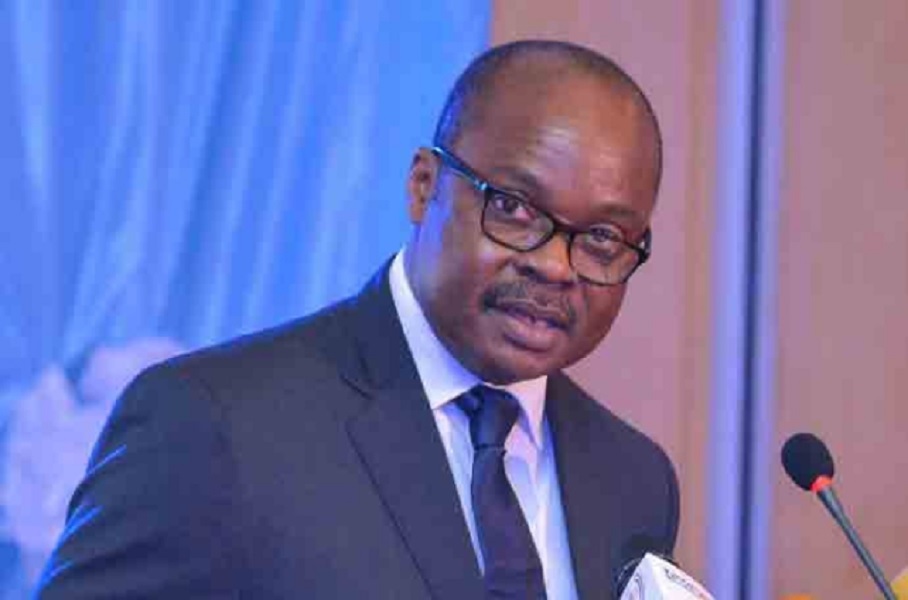The Bank of Ghana (BoG) has justified financing of the government’s 2022 budget with about ¢44.5 billion.
According to the Central Bank, its net claims on the government increased by about ¢44.5 billion at the end of December 2022.
This is coming after renewed discussion in the media regarding the BoG’s financing of the budget in 2022.
In a statement, the Central Bank said its financing of government was part of a crises management tool used in dealing with the difficulties of 2022.
“It must be recognised that the ongoing debt operations are part of the corrective measures designed to address the financing problem of the budget. Bank of Ghana financing was part of a crises management tool used in dealing with the difficulties of 2022”.
Against this backdrop, the details of the Bank of Ghana’s claims on government as at December 2022 were ¢7.2 billion, representing its purchase of treasury bonds from banks to provide them with liquidity to enable them meet their obligation to customers and ¢8.9 billion, representing on-lending facilities granted by the international Monetary Fund (IMF) for onward lending to government.
The rest are ¢37.9 billion, representing overdraft extended to government, solely meant for the purpose of addressing auction shortfalls and paying customers whose bonds had matured and for which government did not have adequate resources.
At the same time, the government deposit liabilities at the Bank of Ghana recorded an increase of ¢9.5 billion in the course of 2022.
The Bank of Ghana continued that “it will be important to recall the circumstances under which Government of Ghana decided to seek IMF support. Ghana had lost access to the International Capital Market, domestic revenue was significantly underperforming and not realised, pushing the state of government finances into near external and domestic default. With the above, the policy choices were not that of business as usual but rather a more challenged conduct of macroeconomic policy in the context of crisis”.
It added “the government needed to finance critical expenditures for which Bank of Ghana needed to provide the necessary financing to avert a disorderly default of both servicing for domestic and external debt including financing critical imports to keep the economy on the stable path.
It further said “in fact, while the team from the International Monetary Fund (IMF), who assessed the situation of the economy, noted that this outcome is sub-optimal, it was agreed that this temporary arrangement was needed as part of a comprehensive solution to be addressed in the government’s economic policies and programmes to be supported by the IMF. And so, the indication in the media that the IMF came and uncovered the extent of the overdraft is wholly inaccurate”.

